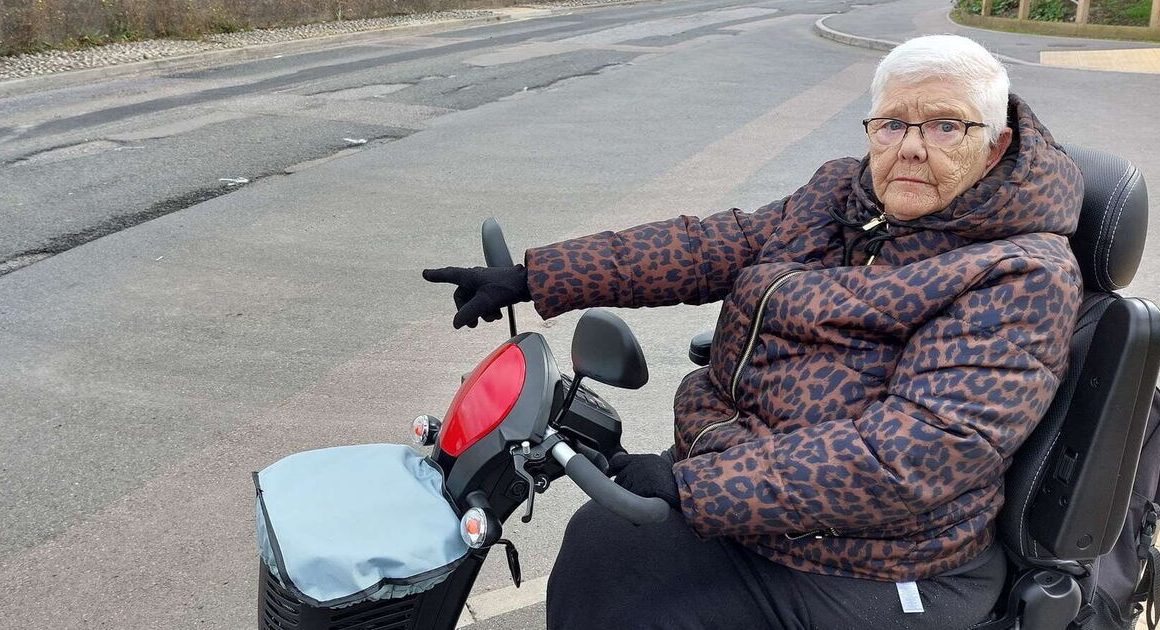Hospitals and clinics across India turned away patients except for emergency cases on Saturday as medical professionals started a 24-hour shutdown to protest the brutal rape and killing of a doctor in the eastern city of Kolkata.
More than one million doctors were expected to join the strike, paralyzing medical services across the world’s most populous nation. Hospitals said faculty staff from medical colleges had been pressed into service for emergency cases.
The government, in a statement issued on Saturday after a meeting with representatives of medical associations, urged doctors to return to duties in the public interest.
A 31-year old trainee doctor was raped and killed on Aug. 9 inside the medical college in Kolkata where she worked, triggering nationwide protests among doctors and drawing parallels to the notorious gang rape and murder of a 23-year-old student on a moving bus in New Delhi in 2012.
The strike cut off access to elective medical procedures and out-patient consultations, according to a statement by the Indian Medical Association (IMA).
Doctors across India are protesting by limiting non-emergency medical care to demand better protection for health-care workers after a female resident was raped and killed on the job.
“Junior doctors have all been on strike, so this would mean 90 per cent of doctors are on strike,” Sanjeev Singh Yadav, a representative of the IMA in the southern state of Telangana, told Reuters.
Outside the RG Kar Medical College, where the crime took place, a heavy police presence was seen on Saturday while the hospital premises were deserted, according to the ANI news agency.
Mamata Banerjee, the chief minister of West Bengal, which includes Kolkata, has backed the protests across the state, demanding the investigation be fast-tracked and the guilty be punished in the strongest way possible.
A large number of private clinics and diagnostic centres remained closed in Kolkata on Saturday.

Dr. Sandip Saha, a private pediatrician in the city, told Reuters he would not attend to patients except in emergencies.
Hospitals and clinics in Lucknow in Uttar Pradesh, Ahmedabad in Gujarat, Guwahati in Assam and Chennai in Tamil Nadu and other cities joined the strike, set to be one of the largest shutdown of hospital services in recent memory.
Patients lined up at hospitals, some unaware that the agitation would not allow them to get medical attention.
“I have spent 500 rupees ($8 Cdn) on travel to come here. I have paralysis and a burning sensation in my feet, head and other parts of my body,” an unidentified patient at SCB Medical College and Hospital in the city of Cuttack in Odisha state told local television.
“We were not aware of the strike. What can we do? We have to return home.”

Raghunath Sahu, 45, who had lined up at SCB Medical College and Hospital in Cuttack, told Reuters a daily quota set by the doctors to see patients had ended before noon.
“I have brought my ailing grandmother. They did not see her today. I will have to wait for another day and try again,” Sahu said while moving away from the line.
India’s Central Bureau of Investigation, the agency investigating the rape and killing, has summoned a number of medical students from RG Kar Medical College to ascertain the circumstances of the crime, according to a police source in Kolkata.
Investigators with the agency also questioned the principal of the hospital on Friday, the source said.
Suspect in custody
Questioning continued on Saturday, local television channels reported. One suspect is in the agency’s custody.
India’s government introduced sweeping changes to the criminal justice system, including tougher sentences, after the Delhi gang-rape, but campaigners say little has changed.
Anger at the failure of tougher laws to deter a rising tide of violence against women has fuelled protests by doctors and women’s groups.
“Women form the majority of our profession in this country. Time and again, we have asked for safety for them,” IMA president Dr. R.V. Asokan told Reuters on Friday.
Calls for harsh, quickly delivered punishment
The IMA has called for further legal measures to better protect health-care workers from violence and swift investigation of the “barbaric” crime in Kolkata.
“The punishment should be the harshest possible, should come faster, so within public memory,” said senior criminal lawyer Shobha Gupta, who represented a Muslim woman gang-raped during religious riots that swept the western state of Gujarat in 2002.
“When we are still angry about the crime, the result should come out. Punishment to play a role of deterrence, it should come faster.”
The government said in its statement a committee would be set up to suggest measures to further improve protection for health-care professionals.









